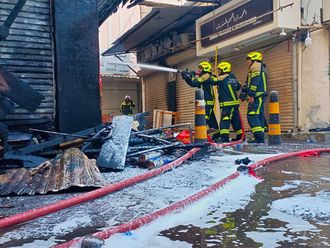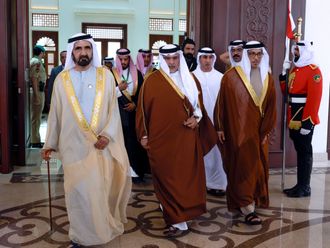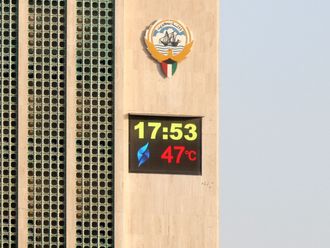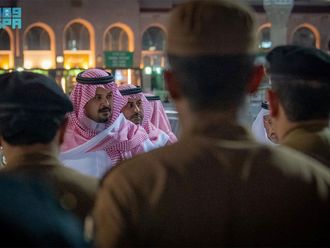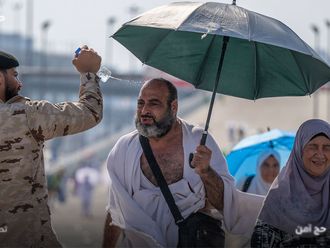Manama: As candidates began to sign up, hopes began to fade on Sunday that a high number of women would run for a seat in Bahrain’s lower chamber.
Political hopefuls have five days to register their names in one of the five election supervision bureaus, one for each governorate. Registration for the municipal elections will start September 20.
Around 140 Bahrainis have said they will run for parliament, with independents expected to outnumber candidates supported by political societies.
However, the number of women who have said they will run has so far not exceeded 10 — compared to 23 in 2006.
Only one political society, Waad, the largest liberal formation in Bahrain, has nominated a woman, Muneera Fakhro. Muneera, an academic, narrowly lost in the second round of the 2006 elections to her religious opponent in a closely contested election.
The non-endorsement of any woman by the three main politico-religious societies, Al Wefaq, Al Asala and the Islamic Menbar, has seriously curbed the chances of female candidates winning despite the optimism expressed by some women’s groups, observers said.
Al Wefaq, the largest society and the parliamentary bloc in the 2006-2010 parliament, said that it supported women candidates, but it was concerned about their chances of winning in any of the 17 constituencies it planned to field candidates.
Al Asala, the flagship of the Salafis in Bahrain, has regularly voiced its opposition to women taking part in political activities. The Islamic Menbar, like Al Wefaq, is worried about negative reactions from conservative constituents.
The previous lower chamber had only one woman, Latifa Al Gaoud, who made history by becoming the first woman to be elected to a parliament in the Arabian Gulf, even though she had run opposed in the sixth constituency of the Southern Governorate.
Latifa, a finance expert, last week said she would run again and in the absence so far of a challenger, has a chance of being re-elected for another four-year term.
According to election officials, a total of 318,668 Bahrainis are eligible to vote in the parliamentary and municipal council elections on October 23 — and October 30 for the second round in constituencies where no candidate received at least 50 per cent of the vote.
The Northern Governorate leads in the voting blocs with 107,057 voters, followed by the Central Governorate with 98,258, Muharraq Governorate with 57,233, Manama with 38,824 and the Southern Governorate with 17,295 voters.
However, Muharraq, the traditionally most politicised area in Bahrain, leads in the number of potential candidates with 45, of whom 25 are running independently. Two of its constituencies will feature at least nine candidates. The Manama governorate has, so far, the lowest number of candidates. Only 18 people have said they will run.



